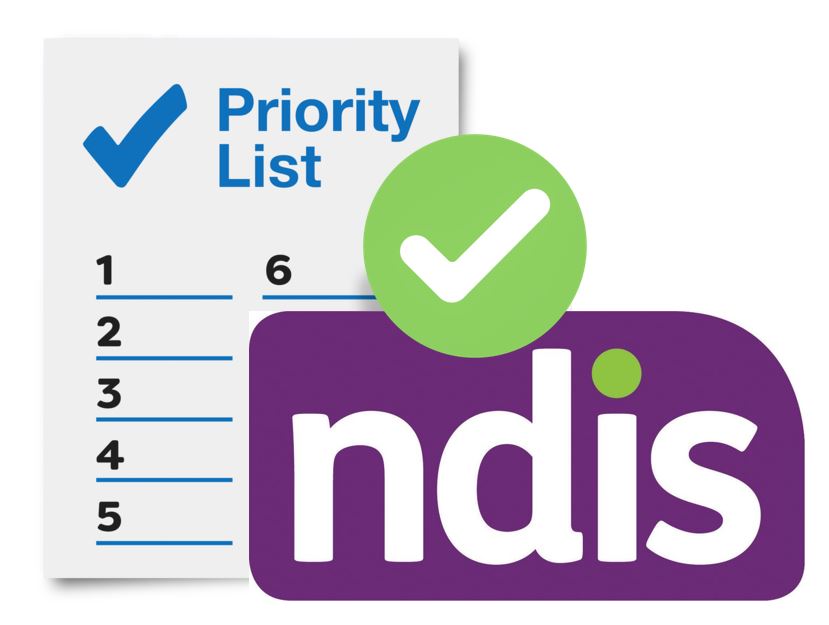What do the six priority areas for the NDIS mean for people with an intellectual disability?
Shorten suite
 This week in Canberra, Bill Shorten – Minister for the National Disability Insurance Scheme – gave a much-anticipated speech on the future of the NDIS.
This week in Canberra, Bill Shorten – Minister for the National Disability Insurance Scheme – gave a much-anticipated speech on the future of the NDIS.
Intense media focus on the cost of the NDIS in recent months meant there was a lot of concern about cuts and changes to eligibility going into the speech. Speaking to the National Press Club of Australia, Minister Shorten instead delivered what he called ‘a state of the union’ on the NDIS.
The Minister was clear that “the National Disability Insurance Scheme is here to stay. It is not going away,” adding “but … we need to get it back on track. For the NDIS to reach its potential, it needs a reboot.”
“For the NDIS to reach its potential, it needs a reboot.”
Bill Shorten, Minister for the NDIS, 18 April 2022
Minister Shorten committed to making sure that “every dollar of NDIS funding must go to people with disability,” and outlined six priorities for “correcting course” on the NDIS.
- Expanding the NDIA workforce
- Increasing use of long-term planning
- Addressing spiraling expenses
- Better outcomes from Supported Independent Living
- Eliminating unethical practices
- Increasing community and mainstream supports
In Darwin to open the new Inclusion Australia Northern Territory Office, our CEO Catherine McAlpine spoke with ABC News about the speech and the issues faced by people with an intellectual disability.
“The NDIS was founded on the idea of doing things differently” she said. “We do see that, but we still see too many of the old ways of doing things – there are still too many people going into Australian Disability Enterprises (the old ‘sheltered workshops’) and group homes.”
On the proposal to review Supported Independent Living, Ms McAlpine said “People with intellectual disability by far the biggest users of SIL. We agree with the Minister that there is not enough choice for people with disability about their homes. The system delivers poor outcomes for too many people and drives people into institutional settings.”
Asked about the Minister’s commitment to eliminate unethical practice, Ms McAlpine spoke about ‘sharp practices’ used by some service providers who have control over many aspects of people’s lives including “where they live, and who they live with and what they do during the day. That is profit maximisation and inclusion minimisation.”
Also watching Minister Shorten’s speech were Brooke Canham and Luke Nelson from our Inclusion Australia Policy Team. Both are NDIS Participants, so watched with interest to hear about the changes.
Talking after the speech, Luke said that “Making sure that providers don’t overcharge, and that the participant comes first” was most important to him. Brooke was most interested in the review of Supported Independent Living and “making people in the community get the right support to independent living and letting people choose if they want to be there.” Read more about what they had to say in this interview.
As the national representative organisation for people with an intellectual disability and families, Inclusion Australia believes that the more than 100,000 people with an intellectual disability who are part of the scheme must be part of the conversation about the future of the NDIS. To help this we have developed an Easy Read version of the of the Minister’s speech.
We encourage you to share this with people in your networks and share any feedback to the government via the NDIS Review: Have your say | NDIS Review
To watch the Minister’s speech in full, visit:
- ABC iView abc.net.au/video/NC2312C010S00
- YouTube youtube.com/watch?v=sVORcCgBYSw&t=892s
You can also read the full speech as text here: https://ministers.dss.gov.au/speeches/10911
